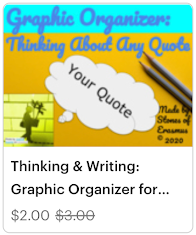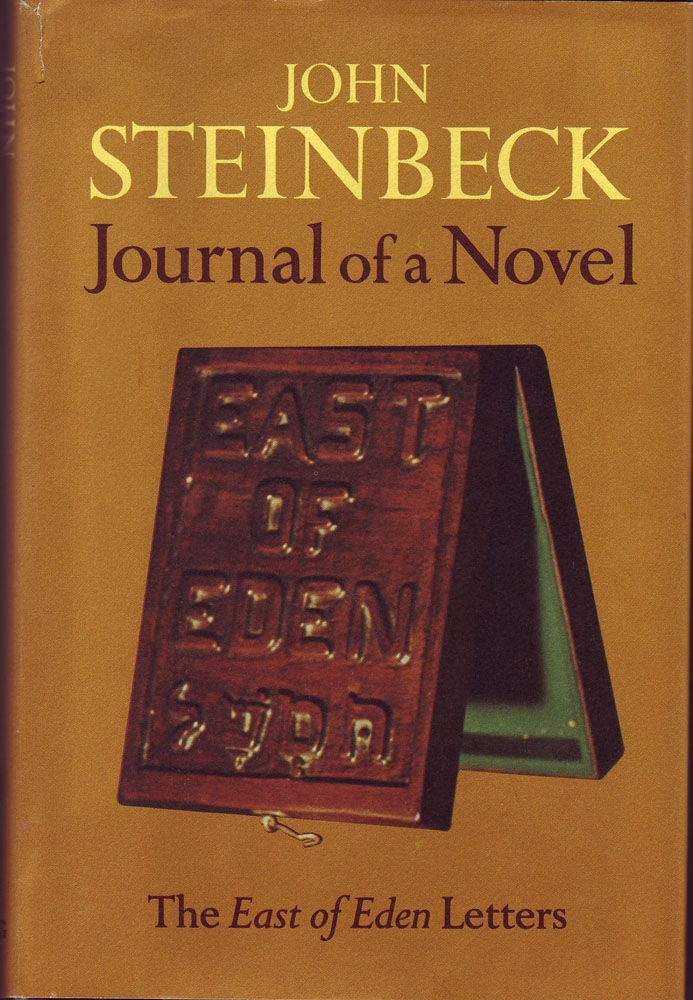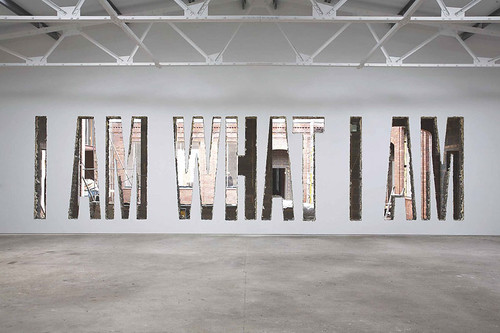the worse case of writer's block is to sit in front of a typewriter charged with a tabula rasa — must i force, jettison, project, something onto a page?
i feel that i must write.
let's us say it is a conviction compulsion concentration—send it by e-mail but i rather write a letter kinda thing—type it out, resist the virtual void; let's play with the textual machine, the typewriter. maybe it will get us to write more substance
what happened? did the letter not go through? not every letter is guaranteed to reach its destination.
f u c k
lacan: he structure of a letter is to always contain the possibility of return
derrida: a letter must contain the possibility of always not returning to its proper place
who is right?
it puts me in a bind: how to write a letter about a letter that contains / doesn't contain the possibility of return?
1. i have to write a letter ... or a paper ... or something ... not an e-mail, but a response, a missive, to respond.
2. it is for a class. psychoanalysis and deconstruction (part 2)
3. i took part one last semester.
4. i wrote about la différance
5. isn't once enough?
i do know lacan and derrida parted ways. well, they never were friends in the first place.
elizabeth roudinesco tells a story in her mammoth history of lacanian psychoanalysis, lacan and co. (p. 418):
Upon his arrival, he was very surprised to learn from René Girard that Lacan had requested a deluxe hotel room for him. Exhausted from jet lag, he set down his bags and heard the old master say: "So, I had to come all the way here to finally meet you!" At dinner the next day, Derrida raised questions close to his heart, about the Cartesian subject, substance, and the signifier. While eating coleslaw, Lacan replied that his subject was the same as the one proposed by his interlocutor as an alternative to the theory of the subject. In itself, the remark was not false, but Lacan hastened to add: "You can't bear the fact that I have already said what you want to say." Derrida responded without missing a beat: "That is not my problem." So Lacan got nowhere. Later that evening, he approached the philosopher, putting a friendly hand on his shoulder: "Ah! Derrida, we have to talk, we have to talk!" But they were never to talk...(8) A year later, at a dinner in Paris at Jean Piel's home, Lacan took warmly Derrida's hand in his smooth palms and asked what he was working on. Plato, Socrates, the pharmakon, the letter, the concepts of origin, logos, mythos: the philosopher was preparing a text for the journal Tel Quel. Under the talented leadership of Philippe Sollers, this journal had begun to include important topics of the older structuralism together with revisions in the light of "textuality." When Of Grammatology was being published, Derrida had joined the editorial board of the journal Critique. And since the publication of his Ecrits, Lacan has become director of a collection at the publisher Seuil. Once again, he mentioned how strange it was that he had already discussed the same topics as those preoccupying Derrida. One need only ask his students. To avoid a debate, Derrida told the psychoanalyst the following anecdote. One evening, as his son Pierre was falling asleep in the presence of his mother, he asked his father why he was looking at him: "Because you are handsome." The child reacted immediately by saying that the compliment made him want to die. A little uneasy, Derrida tried to find out what he meant: "I don't like myself," the child said. "Since when?" "Since I learned to talk." Marguerite took him in her arms: "Don't worry. We love you." At which point Pierre burst out laughing: "No, it's not true at all. I am a born cheater for life."(9) Lacan said nothing. Sometime later, Derrida was stupefied to find the anecdote penned by his interlocutor in a lecture given at the French Institute in Naples in December 1967.(10) Lacan told the story like this: "'I am a born cheater for life,' said a four-year old boy while curling up in the arms of his genitrix in the presence of his father, who had just answered 'You are handsome' to his question 'Why are you looking at me?' And the father didn't recognize (even when the child in the interim pretended to have lost all taste for himself the day he learned to speak) the obstacle that he himself was foisting on the Other by playing dead. It's up to the father, who told it to me, to hear me from where I speak or not." After this second meeting, relations between Derrida and Lacan were never cordial.
To say the least!
anyway.
i am set with the task of writing about derrida's deconstruction of the Other in Lacan's purloined letter. i am sure to include the debacle recounted above.
the thesis of my rant is: Something like a Lacanian Other suppresses differance.
then i will do a close reading of derrida deconstructing lacan: the facteur and all that and the psychoanalysis that supposedly finds itself! how convenient.
in another essay, derrida wrote, called "for the love of lacan," he talks about the chance factor psychoanalysis leaves out. was it by chance that derrida met lacan several times?
but, i am not so sure how it all relates. or how it matters. who cares, i say? leave it to chance. i can agree to that. when i go to analysis, to a psychoanalyst, i free associate, i try to leave it to chance, but it seems no matter how "free" i am, there is a determinism -- call it psychological determinism -- setting in a mold what i say. or is it like alan bass said somewhere that the problem with analysis is free association is like translating without a good dictionary!
i need a good dictionary to figure this out. i feel so useless, as if i am left to figure out, to resolve a duel, between two great philosophers of psychoanalysis.
what would freud think? wo es war?
i read barbara jonson's critique of derrida on lacan. she says lacan and derrida are saying the same things but just quibbling over individual differences.
she also says it is difficult to write about three texts, the poe "purloined letter" text, the lacan "seminar" text, and the derrida "facteur" text. i should just copy and paste all three texts, lump them into one word processing document and turn that in as my paper.
but i shan't. or i won't.
the other won't let me.
neither one. the big "O" bastard and his little other mother fucker.
i think after i write this paper i am going to abandon lacan to derrida and derrida to lacan : forever.
i mean, i like this stuff; it is just difficult to hammer out something to say. so i am exorcising demons by writing this post.




























